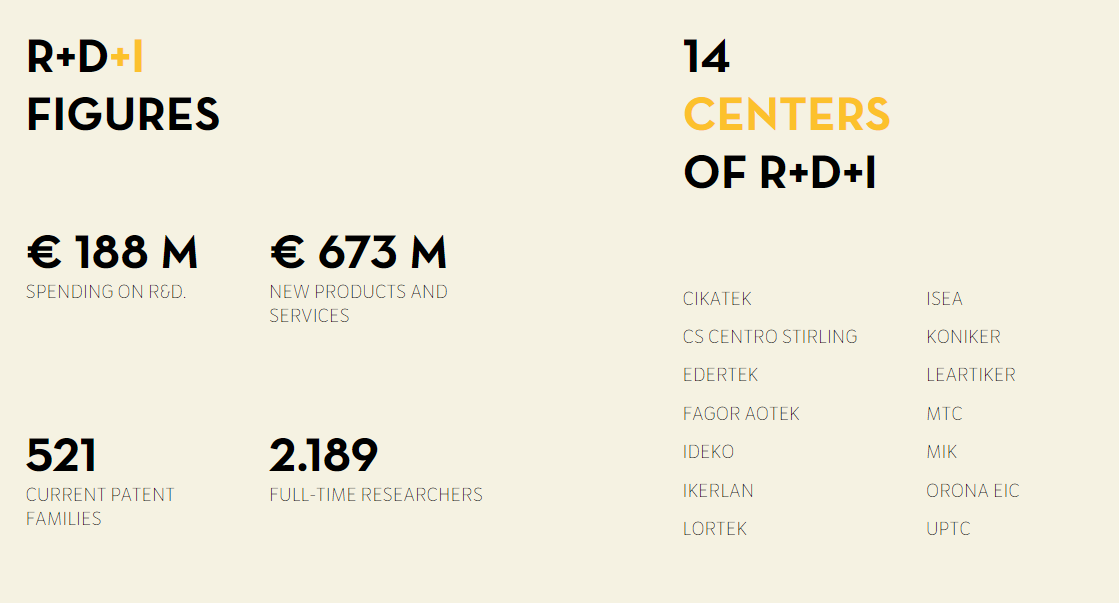Apparatchik II...
part two...
As the world enters a de-globalization phase, in which supply chains are shortened in favor of resilience, the Italian State finds itself in a - comparative - advantage situation. With an economy founded on small-medium sized enterprises, the Italian economy can - theoretically - take advantage of the flexibility that isn’t found in larger enterprises.
Coop:
With the culture of small to medium sized enterprises already omnipresent across the territory, the government only needs to defend their interest by lowering their fiscal burden, facilitating investments and exports. But the objective of the apparatus must transcend the economy. A system needs to be put in place to help those who want to be part of the apparatus to have at least a couple years of experience working in the real world. The notion that an individual with only an academic background should run the finance ministry needs to be forgotten. The only issue to overcome is that, in Italy, the predominant type of enterprise is the micro enterprise, and almost entirely rely on family to operate; the corporate family.
To overcome this difficulty existing models like cooperatives can be adopted as they have been successfully employed to scale businesses upwards. Plenty of known examples exist from the Swiss retail giant Migros to France’s banking behemoth Crédit Agricole but none are more pertinent than the Basque’s Mondragon Corporation.
The diversified conglomerate is involved in all facets of Basque life and has grown into one of the largest corporations in the Iberian peninsula. Each subsidiary maintains its own identity but abides by the model of cooperation. The result is the sort of economies of scale small/medium sized enterprises can only dream of. The entire system is tied together by a solid financial arm - that guarantees low cost financing to its members and manages pensions - and an extensive R&D arm that includes a university.
Financial arm:
R&D:
from Mondragon Informe anual (mondragon-corporation.com)
Roma Nova:
With the Swiss choosing to renounce their century old - fake - neutrality in favor of sanctioning Russia - and potentially China in case of an incursion into Taiwan - the world needs a new Neutral Zone to undertake serious diplomatic discussions. A competent apparatus would immediately seize the opportunity that is Roma. Home to the Vatican, a state that has - in recent years - already been asked to mediate between the two Koreas, and has been attempting to build relations with the CCP (The Vatican only recognized Taiwan as China). This would allow the Italian state - indirectly - to get involved in serious diplomatic missions, and grant similar privileges - currently - enjoyed by the Swiss to the Romans.
The local authorities would be forced to permanently keep the city clean - and not just some portions of the city, temporarily, for the G20. They would have to start improving the management of the territory (public transport, security…etc) and in doing so create a multiplier effect for local businesses. The opportunities of investment will grow and with it the development of new projects. And with a bit of luck someone may be inspired by Circus Maximus and launch the Roman Derby (Italy’s answer to the Kentucky Derby) to compete - on European soil - with The Prix de l’Arc de Triomphe…
Carpe Diem:
Forcing apparatchiks to acquire real world experience is the only way to avoid the theoretical pitfalls and a policy of the moment. Being proactive, seizing the opportunities presented is paramount to small/medium sized enterprises who simply don’t possess the capital buffers of their larger counterparts. A state apparatus would benefit from this mindset, and with enough time would move towards a more decentralized style of governance…
Buy MED…



